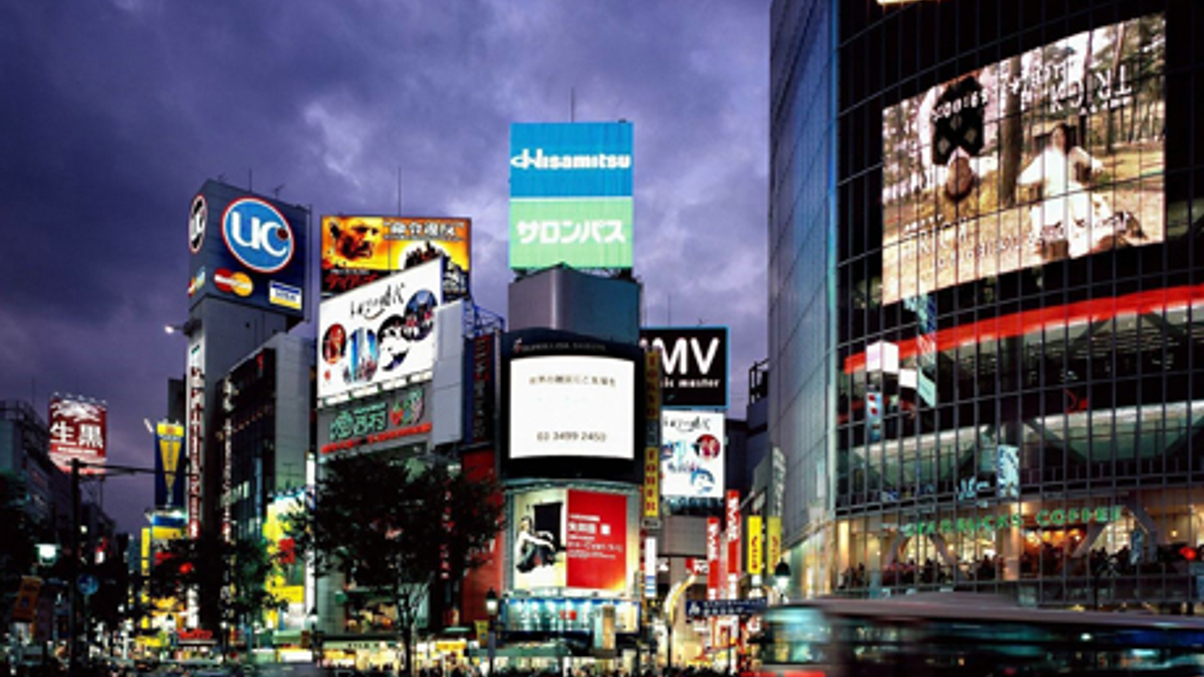Investors eye Japan, Singapore real estate amid rising cost of debt
Investors, though cautious, are sitting on record amounts of dry powder and will remain on the lookout for bargains in mature markets including Japan and Singapore.

Real estate investment in Asia Pacific cooled during the first half of this year amid the rising cost of debt, macroeconomic turbulence caused by the Russia-Ukraine conflict and a protracted lockdown in the region’s major market, China.
Sign in to read on!
Registered users get 2 free articles in 30 days.
Subscribers have full unlimited access to AsianInvestor
Not signed up? New users get 2 free articles per month, plus a 7-day unlimited free trial.
¬ Haymarket Media Limited. All rights reserved.


